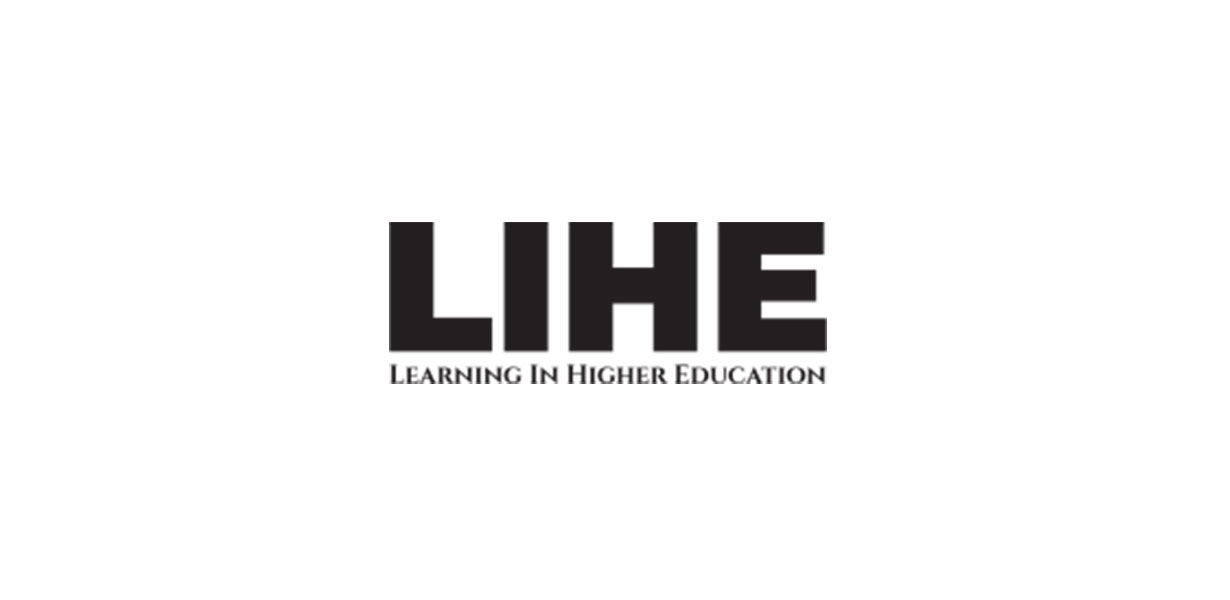Institute for Learning in Higher Education
Denmark, Copenhagen
The Institute for Learning in Higher Education helps universities improve learning-centred higher education. We do research, consultancy, and publishing.

Main Services:
Book, Academic symposiums

The Institute for Learning in Higher Education helps universities improve learning-centred higher education. We do research, consultancy, and publishing.
We explicitly work to improve learning-centred higher education for the benefit of students’ learning outcomes, self-development, and employability.
We support higher education institutions in their move from a traditional paradigm with content-based syllabus-driven didactic teaching to a learning-centred paradigm with a focus on the relationship between curriculum development, teaching and study methods, and students’ learning outcomes. It is our underlying argument that such a shift in higher education benefits student learning and facilitates students’ self-development of higher-order thinking skills and transferable competencies.
We work as a network organisation bringing together international researchers and practitioners within higher education, to further advance international research on how to successfully design and implement Learning-Centred Higher Education.
We bring together scholars engaged in institutional research, dealing with strategies for quality enhancement of learning-centred Higher Education that ties together the institutional level with the operational level. Strategic quality enhancement is seen as an intricate process that takes place in a polyphonous context with multiple stakeholders. Learners, teachers, departments, study boards, study administrations, faculties, university administrations, and university management groups are important internal stakeholders. Employers, partners, politicians, press, local community and potential students and their parents are important external stakeholders. The Institute for Learning in Higher Education produces and disseminates successful methods of strategic quality enhancement and institutional governance.
We organise international symposiums about learning-centred higher education in close collaboration with universities around the world.
We have worked with Stellenbosch University, University of Michigan, University of Technology Sydney, University of Akureyri, Birmingham City University, University of Adelaide, Stockholm School of Economics Riga, Copenhagen Business School, Cass Business School London.
The symposiums organised by the Institute for Learning in Higher Education are truly collaborative and output-driven. Each symposium brings together scholars to finalise a book-manuscript showing excellence in learning-centred higher education. Our books are published worldwide by the publishing house Libri Publishing Ltd., Oxfordshire, UK.
The Institute for Learning in Higher Education is not founded to challenge the conventional academic conference with hundreds if not thousands of delegates and massively parallel streams with short presentations and even shorter discussions.
The Institute for Learning in Higher Education is devoted to bringing together small groups of experts in ways that encourage joint research, collaborative publications, professional networks, and lasting professional friendships across borders.
To achieve this, we return to a relatively neglected format for our international meetings – the Symposium – which combine both formal and informal conversations, and the creation of shared products. All our activities have a demand for real output.
Achievements of the Institute for Learning in Higher Education
The Institute for Learning in Higher Education is here to create and facilitate collaboration, learning, and dissemination within the field of learning-centred higher education.
Within our first 14 years of existence, we have arranged 22 international symposiums. We have published 22 international anthologies. We have facilitated networks between our members which have led to the publication of joint journal articles, as well as joint bids for EU research grants.



